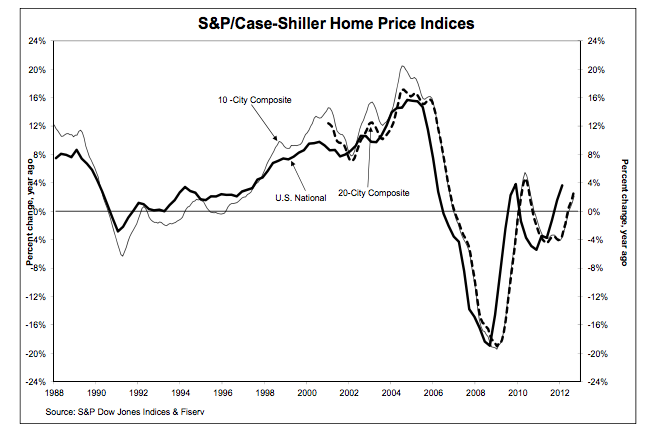Today, financial triage. Adopted mostly as a way to maintain the collective sanity of you people who get value out of this site.
If you’re sentient, you’ve noticed that few very humans even want to know how to control their finances. Most of us would rather ring up credit card debt, earn (and finance) useless college degrees, work for money instead of the other way around, and generally do what our intellectual superiors in Washington are doing, writ small.
What’s worse is that most of these fools are convinced they’re right. That link leads to a story about a positive if deluded woman who’s $61,000 in debt, yet uses the obfuscating phrase “32% debt-free” to describe her financial situation. Why? Because she used to be $90,000 in debt. Hey, the glass is one-third full, right? This is like a murderer who’s 16 years into a 50-year sentence bragging that he’s “32% released”, leaving open the question of whether it might have been better just to not have slashed that guy’s throat in the 1st place.
Surround yourself with enough people like this, whether in real life or online, and you’ll start to question basic assumptions that you know to be true. Maybe we’re supposed to spend our lives owing money, then die. Maybe incurring debt, then spending years attempting to pay it off, builds character that the people who didn’t incur any debt in the first place will never have the opportunity to develop.
See? That last sentence almost makes sense, doesn’t it? Even though it’s absurd. Here’s an acid test for CYC readers: if you can rationalize a lunatic statement about your finances (“I’m thousands in debt, but that didn’t stop me from getting a credit card with a $700 annual fee. YOLO!”), we’ll slow down the bus and let you jump out the window. Roll yourself into a ball before you hit the pavement, it’ll protect your organs and maybe your skull.
It’s not the stupidity that irks us, it’s the stupid people’s insistence that either a) they’re right, b) screw you, you can’t tell me how to live my life or c) both of the above.
Maybe there are credit cardholders who actually enjoy making monthly outlays to VISA, and by extension paying for things twice and 3 times over. Oh, who are we kidding by qualifying that with the word “maybe”? Of course they enjoy doing it, or they wouldn’t do it. Just like terminal lung cancer patients love hoisting their emaciated frames out of the hospice bed to look out the window. If they don’t enjoy being in that position, why are they in it?
Wait, you’re saying it’s because they spent a lifetime making dumb choices?
Thank you.
Control Your Cash exists for one reason – to teach otherwise smart people how to build legitimate and lasting wealth. “Otherwise smart” means that long before you discovered our little site, you were intelligent enough to have known that you don’t borrow money to buy garbage. Or play the lottery. Or clip coupons at an effective rate of 19¢ an hour.
To us, your authors, knowing all of the above seems about as fundamental as knowing that you don’t put your hand on a hot stove element. (Or, continuing the analogy, a stove element whose temperature you’re unsure of.)
But then what? We like to think that you folks are smart enough to understand the basics, and beyond that, inquisitive and discerning. You made it this far without destroying your financial life? Congratulations, and we’re sincere about that. It’s knowing what to do after that that’s the hard part.
Because staying at your job and getting annual 2½% raises may sound good, or at least low-maintenance, but it isn’t. Same goes for some other endeavors, too:
- Trading in your car to a dealer? Bad idea. You can save yourself thousands if you don’t.
- Putting your money in a certificate of deposit, because your bank advertised what sounds like a high rate? Also a bad idea, but not as bad as the previous one. There are plenty of similarly low-risk investments that offer bigger rewards.
- Feeling trepidation over the idea of investing in the stock market yourself, instead of just letting the Ameriprise representative show up at your office and buy everyone lunch, after which you let her pick a mutual fund for your 401(k) to invest in? At best, that’s a neutral idea. You can do so much more.
If you’re curious, want to learn, have even a little ambition regarding this subject matter, and already know not to make the obvious mistakes listed above, then we can help you build wealth.
If you’re convinced that there’s a perfectly legitimate reason for incurring consumer debt, transferring credit card balances, and/or declaring bankruptcy, then we don’t need you. You’re not going to pay attention to what we have to say anyway, and besides we don’t have time to dumb it down for you.
Good. Now it’s just the smart folks in the room.
- Investments aren’t dumbfounding. They just require a tiny bit of patience.
- Should you sell your car to someone who has a whole bunch of them and will resell yours at the first opportunity, or to a less intrepid negotiator with no inventory? The former is easy, but the latter isn’t that much more difficult and will probably pay you more.
- Work for the man, or be the man?
This stuff isn’t hard, but it isn’t intuitive, either. We figured it out, largely through trial and error, saving you the trouble if you’re willing to just read us. Oh, and buy our book if you’re so inclined. (Link to the right. Dividends paid almost immediately.)





